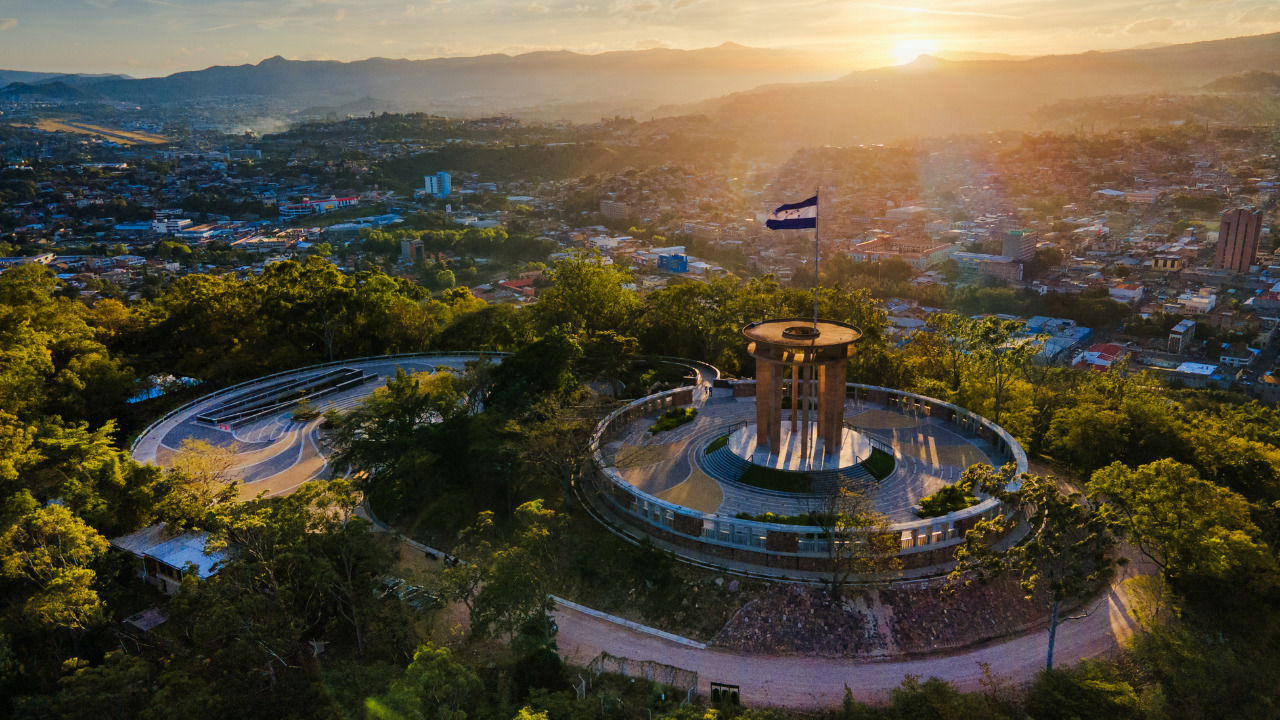Date first published: 02/12/2021
Key sectors: all
Key risks: policy uncertainty; political stability; regulatory changes
Risk development
Leftist opposition candidate Xiomara Castro won the presidency and is set to end 12 years of centre-right Partido Nacional de Honduras (PNH) rule. Although the official results are still to be announced, two days after the 28 November presidential and legislative elections Castro’s main opponent, PNH candidate and Tegucigalpa Mayor Nasry Asfura, conceded defeat. With 61.83 per cent the ballots counted, the wife of former president Manuel Zelaya – ousted from the presidency in 2009 following a military coup over his intentions to run for re-election – had secured 51.88 per cent of the vote against Asfura’s 35.22 per cent. The landslide victory will not be challenged and, although the results from the legislative vote remain to be confirmed, policy and regulatory changes should be expected.
Why it matters
The elections demonstrated that the country’s democratic institutions appear to be strong enough to manage demands for change and enable a peaceful transition of power. Myriad developments in the Central American nation’s recent history suggested the opposite. Zelaya’s ouster and recurrent disputed election results – including outgoing President Juan Orlando Hernandez’s election in 2013 and re-election in 2017 – being the most salient ones. The 2017 vote led to the most violent wave of unrest in decades, triggered by fraud claims that the PNH managed to brush off. Any real or perceived attempt to thwart Castro’s victory would have most likely led to a fresh wave of protests. The fact that the electoral process took place with relative calm and transparency will certainly add legitimacy to Castro’s mandate.
Castro – who will become the country’s first female president – might have to balance the shift to the left, both domestically and internationally. Record voter turnout – 69 per cent or 10 percentage points over the 2017 election – will strengthen her stance, but any attempt to reform the constitution – a strong possibility – could stoke unrest and opposition from the unicameral Congress – where Castro’s Libertad y Refundacion (Libre) party appears on track to secure a majority of seats which would nevertheless force her to reach consensus on major reforms.
Honduras has long been a United States (US) ally and the establishment of bilateral ties with China, as hinted by the incoming president, could turn the country into the latest theatre of operations in the Sino-US fight for influence in the region. Despite the potential recognition of China over Taiwan, Castro’s administration might find it at least pragmatic to also remain close to the US to secure cooperation in at least three priority areas: migration, the fight against chronic corruption and the fight against drug trafficking and organised crime.
Background
The outgoing administration has been marred with graft and drug trafficking scandals – Hernandez himself risks being extradited to the US to face both charges after leaving office – and with several controversial laws which the incoming government will likely try to reverse.
Tackling unemployment, corruption and rampant crime-related violence will be at the top of Castro’s agenda – this is what nurtured her victory. Measures including tax reforms and changes in investment priorities – likely to benefit sectors which generate larger numbers of jobs such as agriculture and construction, are likely.
Risk outlook
Concrete measures will be announced after Castro takes office on 27 January 2022. It is no longer a matter of whether major changes are expected, but rather a matter of how deep such changes will be.



